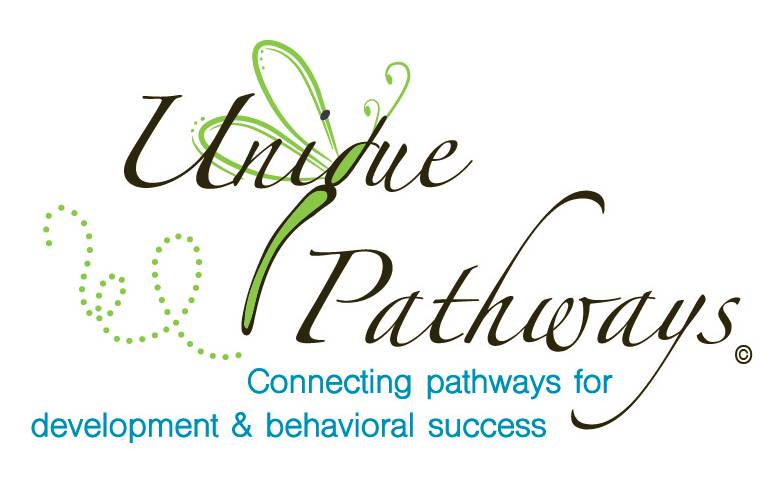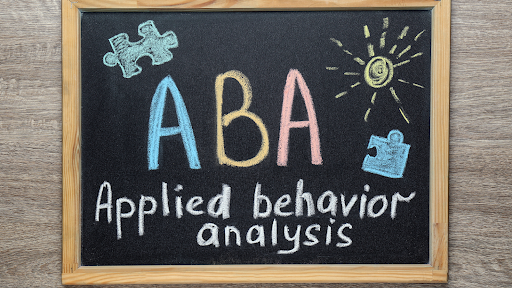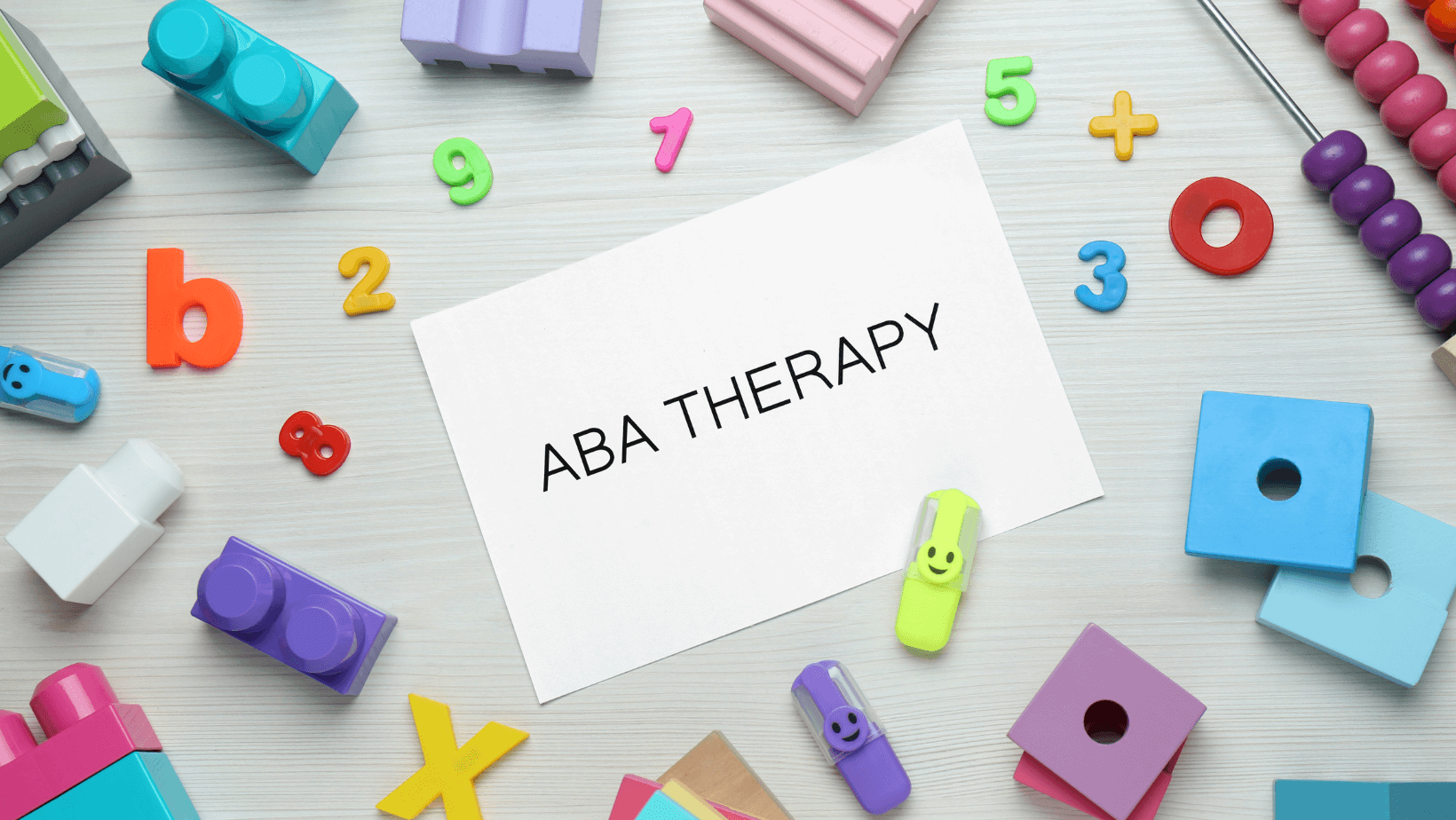For parents of a child with autism, one of the most pressing questions often revolves around communication: “Will my autistic child talk?” It’s a question filled with hope, uncertainty, and love. Every parent wants their child to be able to express themselves, to share their thoughts, and to connect with the world in meaningful ways. While communication is key, it’s important to recognize that every child is different, and each journey towards speech and language development is unique.
Many children with autism do eventually develop spoken language, but the path they take may look different from what you expect. They may take longer to start talking or communicate in ways that don’t involve words. What’s crucial is that progress happens at their own pace, with every step forward being a positive sign.

Language Development Potential
While some children develop verbal language skills early, others may take more time, and a few might communicate through nonverbal means like gestures, body language, or sign language. Many autistic children do develop some level of speech and language skills, though it’s often not as straightforward as it is for neurotypical children.
According to research, around 75% of children with autism show some form of language delay by the time they reach kindergarten. However, about 25% of them demonstrate typical or even exceptional language abilities by age five. This uneven progress is why it’s so important to approach each child individually, understanding that verbal language development may take various forms, and what works for one child might not for another.
Start Your Child’s Language Journey Today
Factors Affecting Speech Development
Several factors influence a child’s ability to develop speech, including intellectual development and social interaction. A child’s ability to engage in joint attention, respond to simple verbal instructions, or show interest in interactive play can be key indicators of future communication skills.
Early language skills can be a strong predictor of how well a child will communicate later in life, impacting not just their social relationships but also their academic performance and independence as they grow. Children who receive early intervention, such as speech therapy, often see improvements in both verbal and nonverbal communication abilities.
Each child’s journey to develop speech is impacted by their unique mix of strengths and challenges, but with the right support, many can learn to communicate effectively in a way that suits them best.
Communication Styles
Autistic children may communicate in a wide range of ways, depending on their individual strengths and preferences. Understanding and supporting these different communication styles is key to helping your child express themselves effectively.
-
Some children may have limited speaking skills or remain nonverbal, relying more on non-verbal communication such as gestures or facial expressions.
-
Others may develop rich vocabularies, often becoming fluent speakers in specific areas of interest, sometimes focusing in great detail on particular subjects.
-
Many use alternative communication tools like picture boards, sign language, or electronic devices to express their needs and thoughts.
-
Some children communicate through increased use of body language, such as pointing or showing objects to share their intentions.
-
Repetitive behaviors, such as echolalia (repeating words or phrases), can also be a form of communication, reflecting a child’s way of processing language.
-
Some may communicate through eye contact or physical touch, using these nonverbal cues to show understanding or connection.
-
Autistic children may also respond to simple verbal instructions, demonstrating receptive language even if they do not express themselves verbally.
Each child finds their own way to communicate, and what’s important is to embrace and encourage the methods that work best for them.
Supporting Language Development
Helping your autistic child develop language skills involves patience, encouragement, and understanding their unique communication style. There are many ways to actively support their growth in communication. Let’s look at each method in more detail.
1. Follow your child’s lead and interests
One of the most effective ways to support your child’s communication development is by following their lead. Pay attention to what naturally draws their attention and engage with them around those interests. Whether they are fascinated by a certain toy, an activity, or even a repetitive behavior, use these moments to connect.
2. Use simple language and expand on their words
When communicating with your child, keep your language simple and clear. This helps them grasp what you’re saying more easily. If your child uses a word or a short phrase, you can build on it. For example, if they say “car,” you could respond, “Yes, that’s a blue car.” Over time, these small expansions can help your child’s language skills grow, making them more comfortable using words to express themselves.
3. Create opportunities for language use through play and daily activities
Playtime and daily routines offer countless opportunities for practicing language skills. Whether you’re playing with toys, reading a book, or having them help with simple household tasks, these moments can be used to encourage verbal and nonverbal communication. For example, asking your child to hand you a cup or encouraging them to choose between two snacks can prompt them to use words or gestures to communicate.
4. Provide visual supports and label items in the environment
Visual aids can be very helpful for children with autism, especially those with delayed speech development. You can use picture boards, charts, or even simple labels on objects around your home to help your child associate words with items.
5. Celebrate all forms of communication
It’s important to recognize that communication isn’t limited to words. Many autistic children use alternative forms of communication, such as gestures, body language, or assistive devices. Celebrate these expressions of communication as meaningful progress, just as you would if they spoke.

Professional Interventions
Professional support, particularly through speech and language therapy, can play a crucial role in helping autistic children develop communication skills. Early intervention is often emphasized because the sooner a child begins working on their language development, the better the long-term outcomes can be.
Speech therapists use various techniques tailored to each child’s needs, whether that involves enhancing their spoken language skills or focusing on receptive and expressive language development. For some children, the goal may not necessarily be oral speech or verbal communication developmentbut rather learning effective alternative communication methods.
By working with a professional, you can identify the best path for your child, whether that means fostering verbal language or supporting them in finding other meaningful ways to express themselves.
Every Step Counts
Watching your child’s language development unfold can be a journey filled with highs and challenges, but it’s important to remember that progress, in any form, is meaningful. Whether your child starts talking or finds other ways to communicate, what matters most is that they are expressing themselves in ways that work for them.
Each child develops at their own pace, and with the right support—whether through speech therapy, alternative communication methods, or your day-to-day encouragement—they can continue to grow in their own unique way. Stay patient, stay hopeful, and celebrate every victory, big or small.









